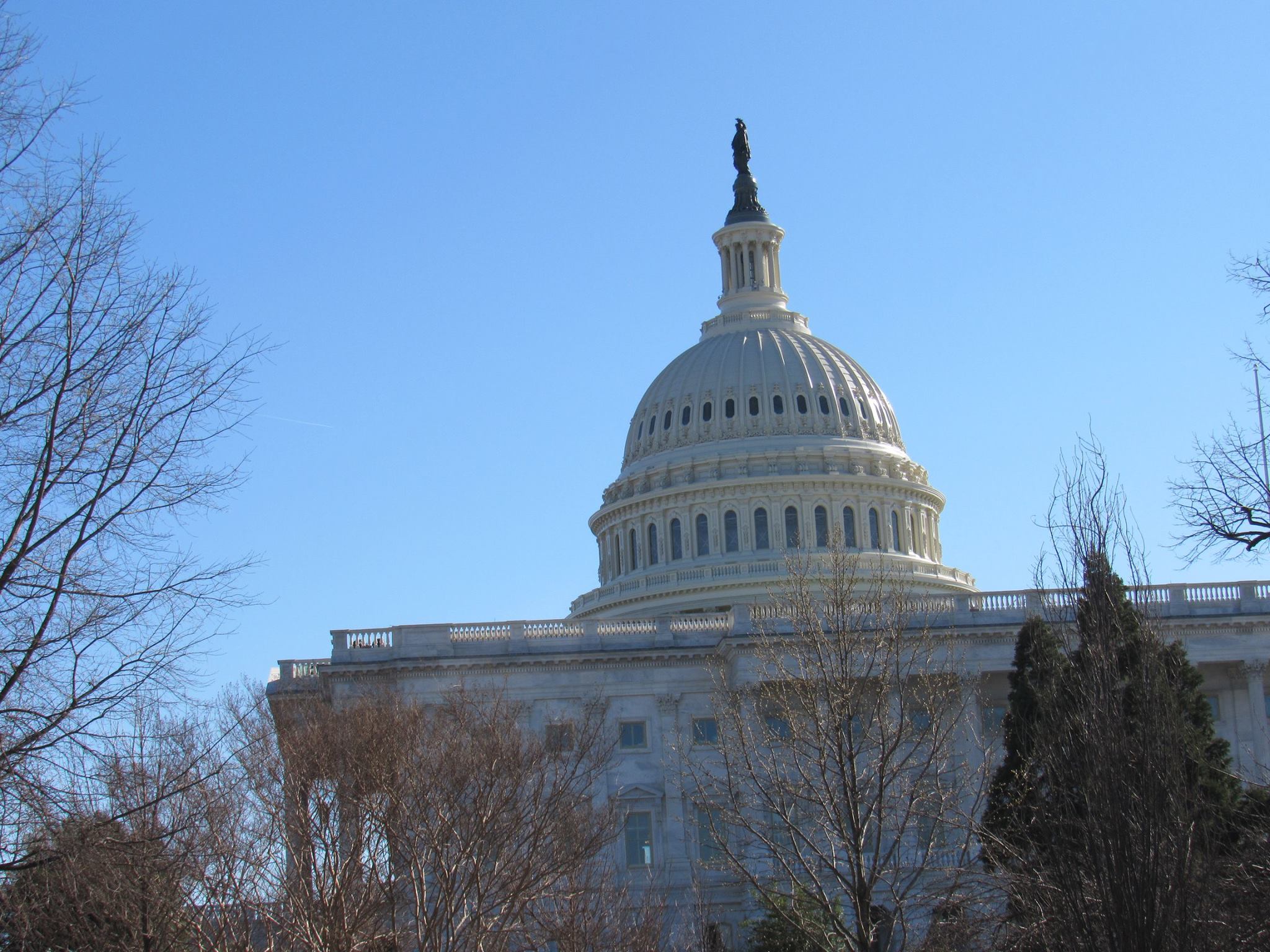The U.S. Senate Committee on Indian Affairs will hold a legislative hearing on Wednesday, October 6 at 2:30 p.m. EDT to receive testimony on S.648, Technical Correction to the Shoshone-Paiute Tribes of the Duck Valley Reservation Water Rights Settlement Act of 2021, and S.1911, Gros Ventre and Assiniboine Tribes of the Fort Belknap Indian Community Water Rights Settlement Act of 2021.

Chairman Bryan Schatz (D-HI), chairman of the Senate Committee on Indian Affairs, and the committee will hear from the Department of the Interior and Tribal leaders on the two bills.
Want more Native News? Get the free daily newsletter today.
WHAT: U.S. Senate Committee on Indian Affairs Legislative Hearing.
WITNESSES:
- The Honorable Bryan Newland, Assistant Secretary-Indian Affairs, Department of the Interior, Washington, DC
o Accompanied by Brent Esplin, Missouri Basin Regional Director, Bureau of Reclamation, Department of the Interior
- The Honorable Brian Thomas, Chairman, Shoshone-Paiute Tribes of the Duck Valley Reservation, Owyhee, NV
- The Honorable Andrew Werk, President, Fort Belknap Indian Community, Harlem, MT
WHEN: Wednesday, October 6, 2021 at 2:30 p.m. EDT
HOW TO JOIN: Access the live stream here.
More Stories Like This
Native News Weekly (August 25, 2024): D.C. BriefsUS Presidents in Their Own Words Concerning American Indians
Tunica-Biloxi Council Member Named to Tribal Leadership Foundation
Ethics Complaint Alleges Former Navajo Nation Chief of Staff Accepted Gifts From Contractor
Monday Morning (December 14, 2025): Articles You May Have Missed This Past Weekend
Help us defend tribal sovereignty.
At Native News Online, our mission is rooted in telling the stories that strengthen sovereignty and uplift Indigenous voices — not just at year’s end, but every single day.
Because of your generosity last year, we were able to keep our reporters on the ground in tribal communities, at national gatherings and in the halls of Congress — covering the issues that matter most to Indian Country: sovereignty, culture, education, health and economic opportunity.
That support sustained us through a tough year in 2025. Now, as we look to the year ahead, we need your help right now to ensure warrior journalism remains strong — reporting that defends tribal sovereignty, amplifies Native truth, and holds power accountable.
 The stakes couldn't be higher. Your support keeps Native voices heard, Native stories told and Native sovereignty defended.
The stakes couldn't be higher. Your support keeps Native voices heard, Native stories told and Native sovereignty defended.
Stand with Warrior Journalism today.
Levi Rickert (Potawatomi), Editor & Publisher

